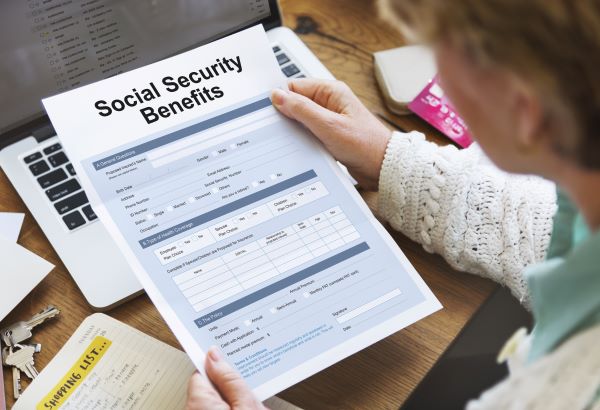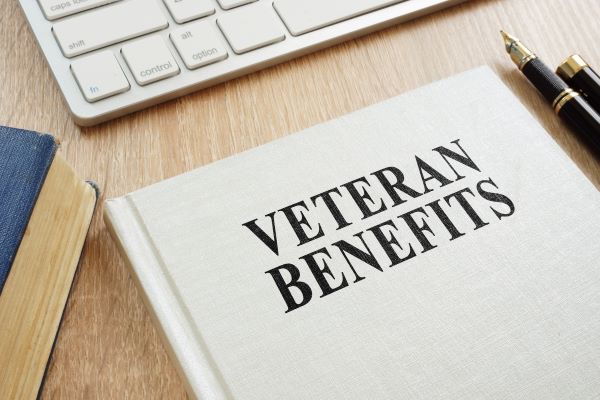The US Census Bureau estimates that greater than 18.2 million veterans live in the United…

How to Manage Another Person’s Social Security or Veteran’s Benefits
Imagine you have been appointed to help manage Social Security benefits for your young nephew, Roberto. In the Social Security system, you’ll be named Roberto’s “representative payee.”
The situation is similar if you’re appointed to help your elderly father, who has dementia, manage his Veteran’s benefit checks. In the Veterans Administration system, you’ll be called a “VA fiduciary.”
The word “fiduciary” applies in both cases. The law requires you to act to a high standard of good faith and honesty. This means that you must keep careful records, you must not mix the recipient’s money with yours, and you must spend the money for the recipient’s benefit, only.
There are other specific rules you must follow for these kinds of benefits. To assist you, the Consumer Financial Protection Board (CFPB) has issued a guide: “Managing Someone Else’s Money: Help For Representative Payees and VA Fiduciaries.” Download your free guide here.
The guide reminds you that the benefits you’ll manage are intended to meet the recipient’s day-to-day needs for food, clothing, and shelter. So you must spend the money on those needs first. Only after those needs are satisfied may you spend the money on medical and dental expenses, or on what may be thought of as “extras” – home improvement, entertainment, or car payments.
If there is anything left over, you must bank it in an interest-bearing account. The CFPB leaflet provides guidance on how to title the bank account, which you must follow to protect the money from creditors. In all cases, the recipient’s bank account must be separate from yours.
The leaflet further emphasizes the need to document everything you do, as you will be responsible to report annually to the agency in question. The leaflet lists your duties, provides contact information for helpful agencies, and includes advice about what to do if you fear Roberto or your father is being exploited.
The guide is also useful for recipients of other benefits, such as from the Railroad Retirement Administration or other state agencies.
You’re guided in following the applicable rules, and you will be doing the person who receives benefits a great service. If you have questions or need additional help, please contact our Pompano Beach office today at (954) 642-1520.


